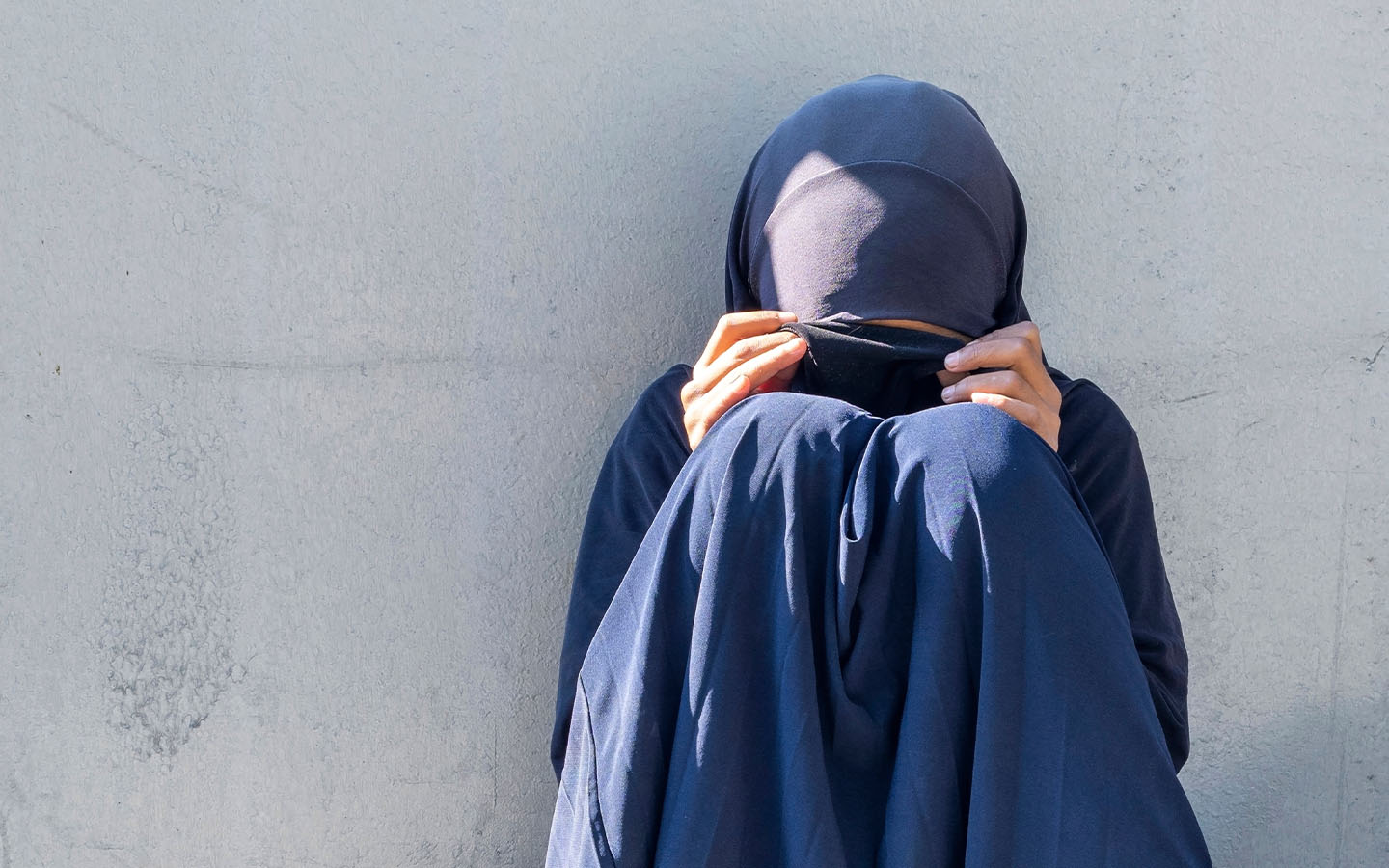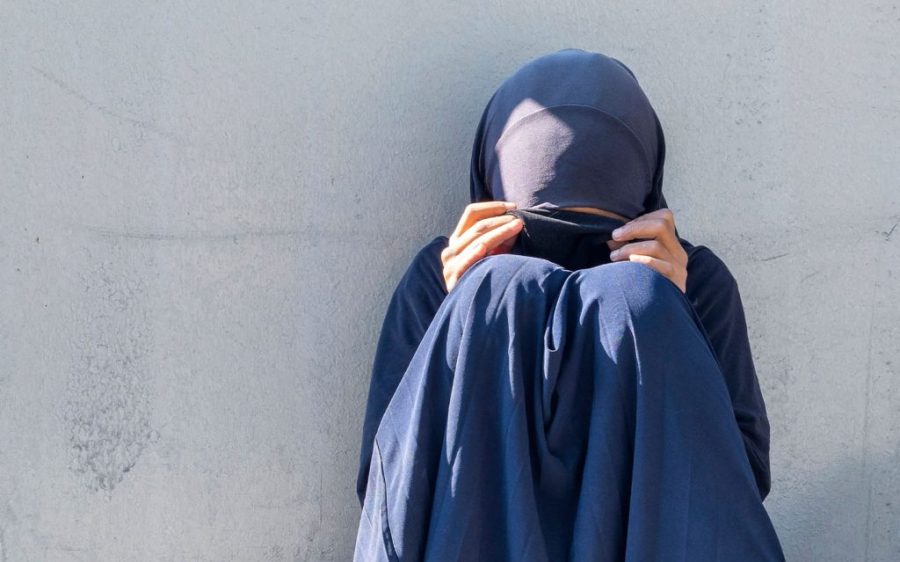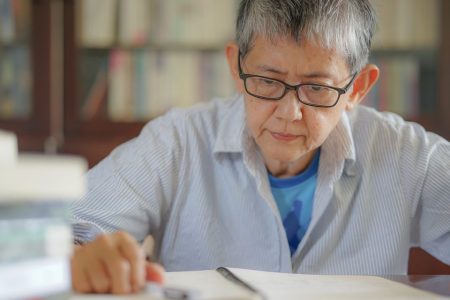A coalition of women foreign ministers issued a statement on Saturday condemning the Taliban’s latest move to curtail the rights of women and girls, expressing their continued concern about the grave situation facing women and girls in Afghanistan.
A Taliban edict issued in December 2024 bans medical training for women and girls, a move that “severely jeopardises the health and well-being of Afghan women and children” in a country where “cultural norms often require women to be treated exclusively by other women,” the statement reads.
Areas like antenatal and maternal care, childhood vaccinations and community health services rely on the participation of Afghan women health professionals. If the ban remains in place, the statement warns, Afghanistan “will lose a generation” of these vital healthcare providers and deepen a maternal health crisis that already has the country among the worst in the world for maternal mortality.
Representing 17 countries and the European Union, the ministers also denounced the ongoing ban on secondary and higher education for girls, naming Afghanistan as “the only country in the world where women and girls cannot attend secondary school nor obtain higher education.” In addition to being a “personal tragedy” for Afghan girls, the ministers warn, the ban is “a collective blow to Afghanistan’s long-term development, economic growth and prosperity, and general stability.”
The education ban has garnered criticism even within the ranks of senior Taliban officials, with Deputy Foreign Minister Sher Abbas Stanikzai denouncing it in a speech to graduates in January. “There is no excuse for this – not now and not in the future,” Stanikzai told the crowd. “We are being unjust to 20 million people.”
[See more: Development aid from OECD nations is tailing to tackle gender equality, report says]
It appears he has since been forced to flee the country. While Stanikzai claims he travelled to the United Arab Emirates for health reasons, the trip coincides with reports that the Taliban’s supreme leader, Haibatullah Akhundzada, issued a travel ban and ordered the minister’s arrest.
Arrest warrants for Akhundzada and Abdul Hakim Haqqani, the Taliban chief justice, were meanwhile requested by the chief prosecutor of the International Criminal Court (ICC) in January, the office having concluded the two men “are criminally responsible for persecuting Afghan girls and women.”
Last September, four countries – Australia, Canada, Germany and the Netherlands – took formal steps to hold Afghanistan accountable under the Convention on the Elimination of all Forms of Discrimination Against Women (CEDAW), a process that may end with the country being the first to face the International Court of Justice (ICJ) for discriminating against women.
The ministers’ statement recalls that effort, noting the original complainants have since been joined by 25 other countries. They call on the Taliban to repeal the so-called “Morality Laws,” which “aim literally to silence Afghan women and girls and confine them to their homes.”
The ministers warn that “there is no viable future – no long-term peace, prosperity or legitimacy – for any state that seeks to effectively erase women from public life.” Their statement also recognises their “incredible courage” of the women and girls of Afghanistan and vows to continue efforts to “amplify and support the critical work of human rights defenders and civil society leaders whose resilience and courage inspire us all.”






